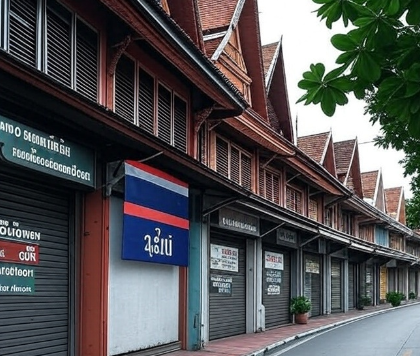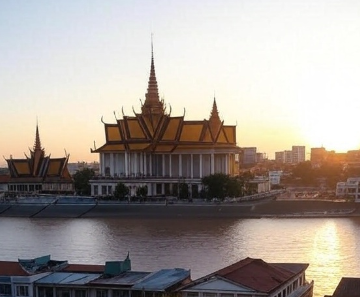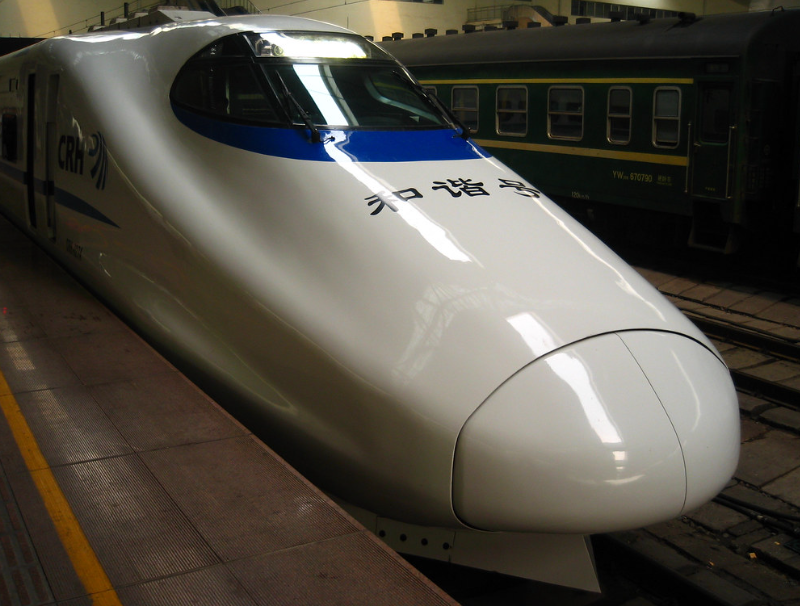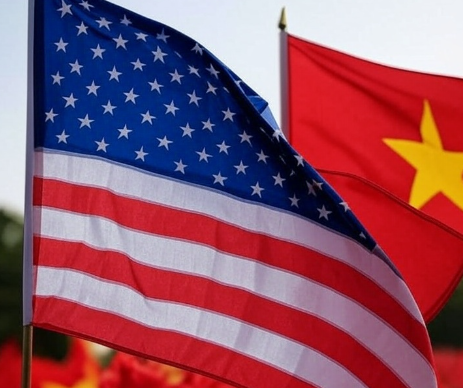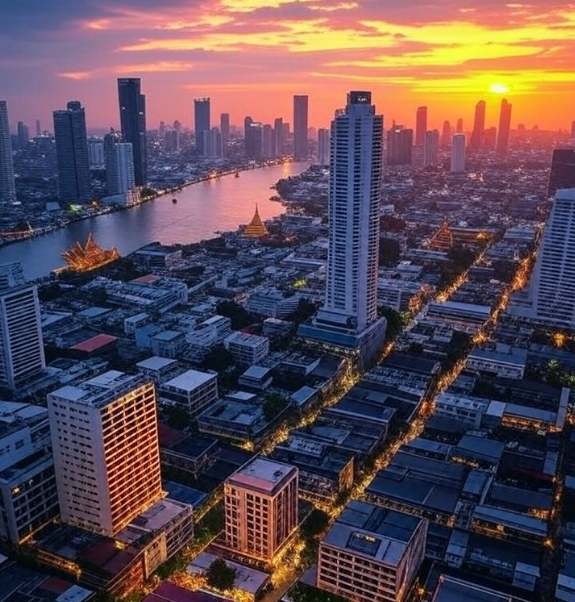
HANOI, Vietnam – Vietnam’s National Assembly has approved significant amendments to its nationality law, set to take effect on July 1, 2025, a move designed to simplify the path to citizenship for certain foreigners and attract high-caliber talent. The revised legislation, overwhelmingly passed on June 24, introduces more flexible conditions for naturalization, particularly benefiting those with strong ties to the country.
Under the new provisions, foreign nationals married to Vietnamese citizens or those with biological children of Vietnamese nationality will no longer face stringent requirements for residency, Vietnamese language proficiency, or financial self-sufficiency. This marks a notable shift from previous regulations that often posed considerable hurdles for family reunification.
“reforms aimed to foster a more open and welcoming environment”
Furthermore, the updated law aims to streamline the naturalization process for foreign investors, scientists, and experts who have made or are poised to make significant contributions to Vietnam’s development. These individuals may now be exempt from certain standard conditions, underscoring Hanoi’s strategic intent to bolster its human capital and economic growth.
In a key development, the amendments also allow for dual citizenship in specific cases, a departure from the traditional emphasis on single nationality. Applicants with Vietnamese relatives or those whose naturalization is deemed beneficial to the state may now retain their foreign nationality, subject to presidential approval. The law also introduces flexibility in naming conventions, permitting naturalized citizens to use a hybrid of Vietnamese and foreign names.
While promoting integration and attracting talent, the revised law maintains strict adherence to single Vietnamese nationality for individuals holding sensitive positions within the Communist Party, state agencies, or armed forces, prioritizing national security. Justice Minister Nguyen Hai Ninh emphasized that these reforms aim to foster a more open and welcoming environment while safeguarding national interests.
The comprehensive changes are expected to significantly impact the expatriate community and overseas Vietnamese, facilitating deeper integration and encouraging greater contributions to the nation’s progress.

